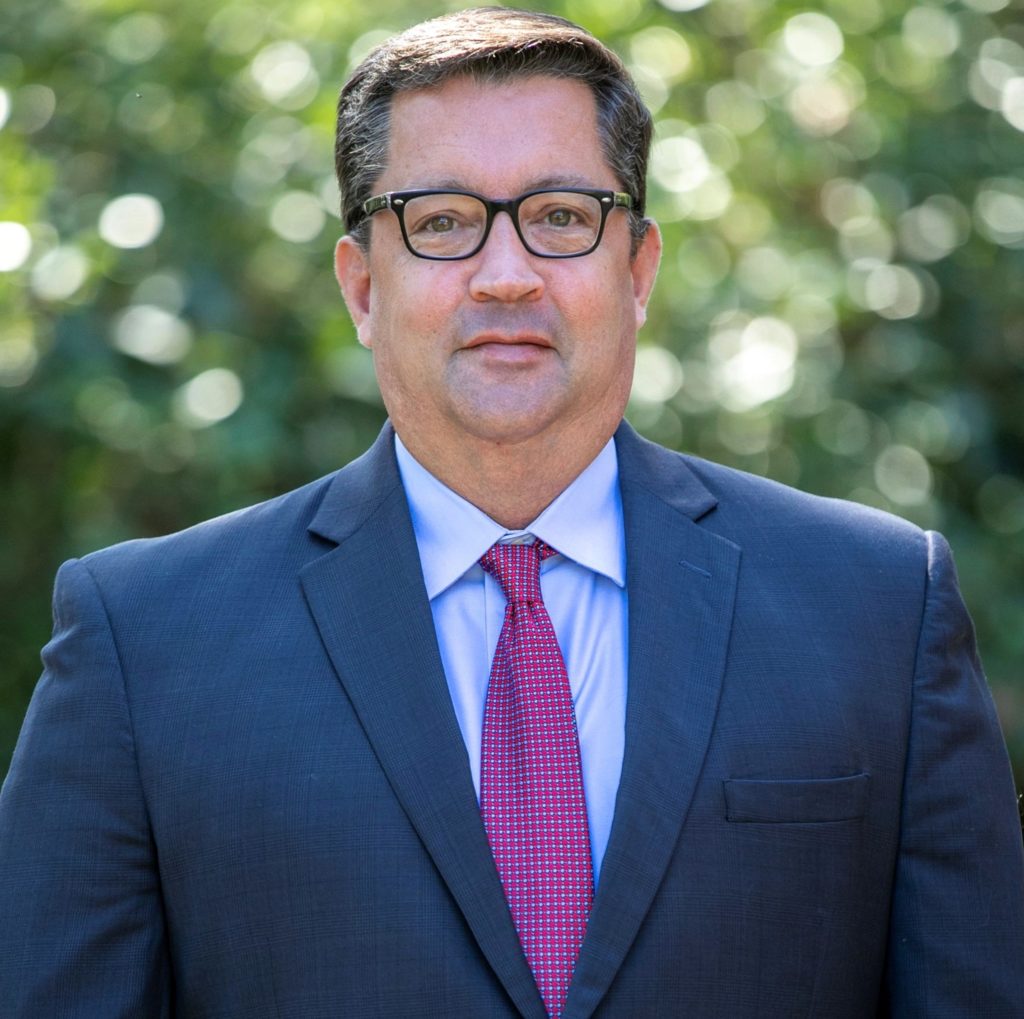By Clint Thompson
The U.S. Trade Representative’s (USTR) pledge of assistance to specialty crop producers was needed for growers suffering from increased imports from Mexico.

Even if ambassador Katherine Tai opted not to follow through on a Section 301 petition to assist the Southeast seasonal produce industry, she pledged to work with the U.S. Department of Agriculture to establish an advisory panel to recommend measures to promote the competitiveness of producers of seasonal and perishable produce in the Southeast.
The commitment from the USTR was appreciated said Chris Butts, executive vice president of the Georgia Fruit and Vegetable Growers Association.

“Like everybody else, we were disappointed in the lack of determination to move forward with a 301, but we are enthused by the fact that they are establishing a panel, and if you look at their statement, they’re willing to work with the USDA and Congressional leaders to address the issue,” Butts said. “From a Georgia standpoint, we’re going to pursue any options that bring more awareness of this issue and the problem and can start leading us to some sort of a remedy. Whether that be through the USTR or we look at crop insurance programs and most importantly for us, our No. 1 priority is the Ruiz-Scott concept and some sort of price-loss coverage.
“When those imports drop prices down so low that they’re at or below our cost of production, if we want to continue to produce fresh fruits and vegetables in the Southeast, we’ve got to do something to level that playing field. We’ll look at any option that comes along, but we are enthused that USTR didn’t say no entirely. They’re committed to working with us going forward. We’ll engage with that however we can.”
According to a previous SCI story, the Section 301 petition, which was filed on Sept. 8, 2022, by members of Florida’s Congressional delegation, alleged that the Government of Mexico has adopted an “export targeting” scheme aimed at Florida produce. The 301 statute requires that USTR make a decision on whether to move forward with an investigation within 45 days. The statute also includes a private-sector advisory panel as a specific response to export targeting.
Although USTR could not conclude in the 45-day statutory period that a formal 301 investigation would be effective and is not opening an investigation at this time, USTR is moving forward with an advisory panel.










